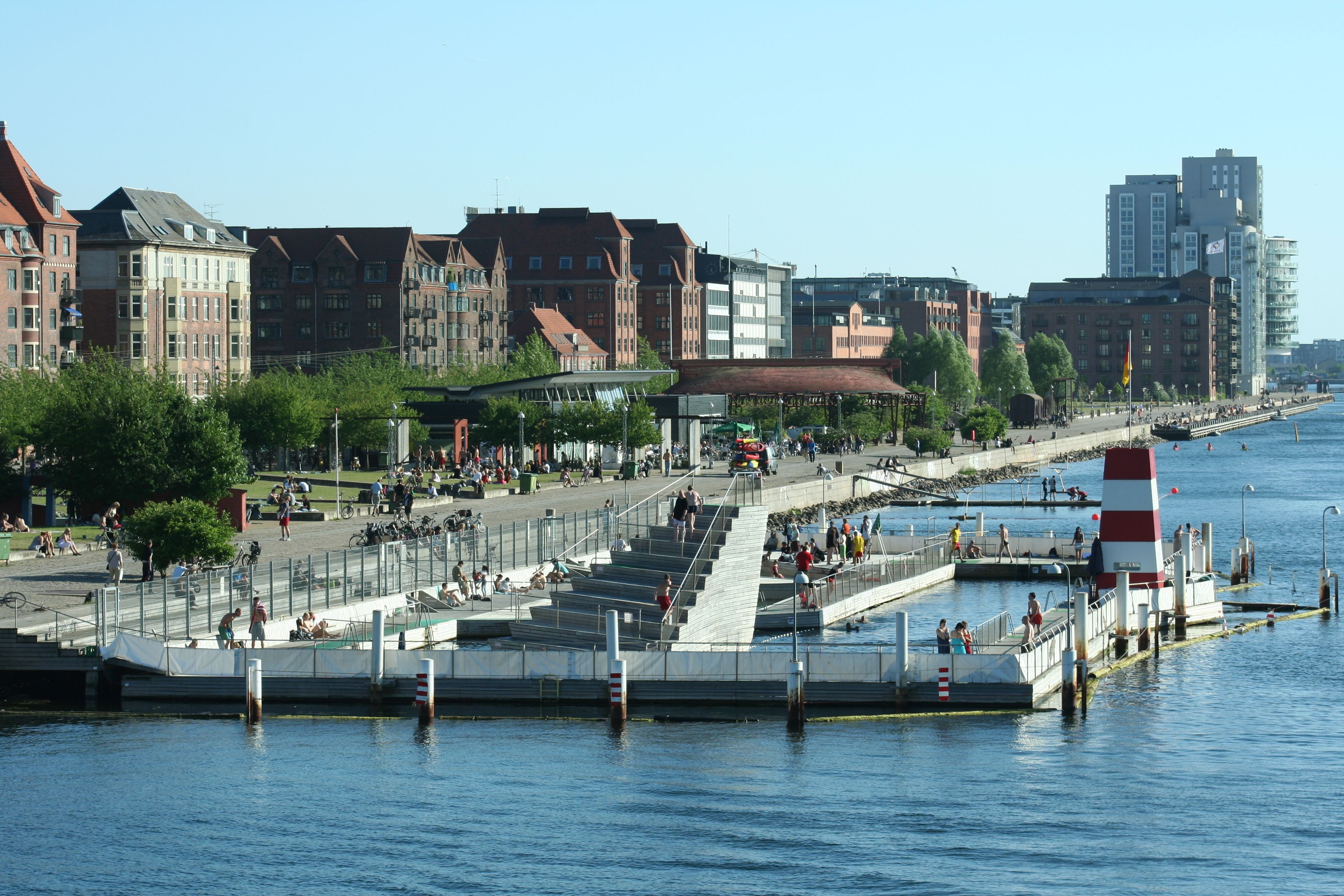It’s mid-July and it’s super hot. Some teenagers are jumping into the harbour: somersaults worthy of Greg Louganis, the odd belly flop too.
You figure the water must be deep enough and that no boats would come this close to the bank. You take a quick dip yourself.
Congratulations, you’ve just taken one of the world’s most expensive swims.
READ MORE: Cooling off and baring all: what we learned during the Danish heatwave that wouldn’t end
Fines for swimming
From this Wednesday, illegal bathers in the Port of Copenhagen will be fined.
Swimming outside the designated areas has always been against the law, but without punishment. However, faced with 200,000 illegal swims a year, the port authority By & Havn has felt compelled to introduce new regulations.
Movia, which operates the harbor buses, reported 100 near-collisions with bathers during 2019.
Safety and health risks
“It is a pity and very inappropriate that so many bathe outside the areas,” said Per Schulze, the development manager at By & Havn, told TV2.
“We are talking about both a safety risk, because the sailors have a very hard time seeing the bathers in the water, and a health risk, as the water is not equally clean everywhere. We hope the risk of being fined can help to make people think twice before jumping into the water.”
For example, overflow following heavy rain can contain bacteria that might upset bathers’ stomachs.
More places to fish
Meanwhile, there is good news for anglers in the inner harbour, as they are now permitted to fish almost everywhere.
Previously, fishing was only permitted in parts of Nordhavn, Sydhavn and Refshaleøen.
But now according to the new regulations, enforced from Wednesday, angling is permitted from most sites in the inner harbour from October to April.














